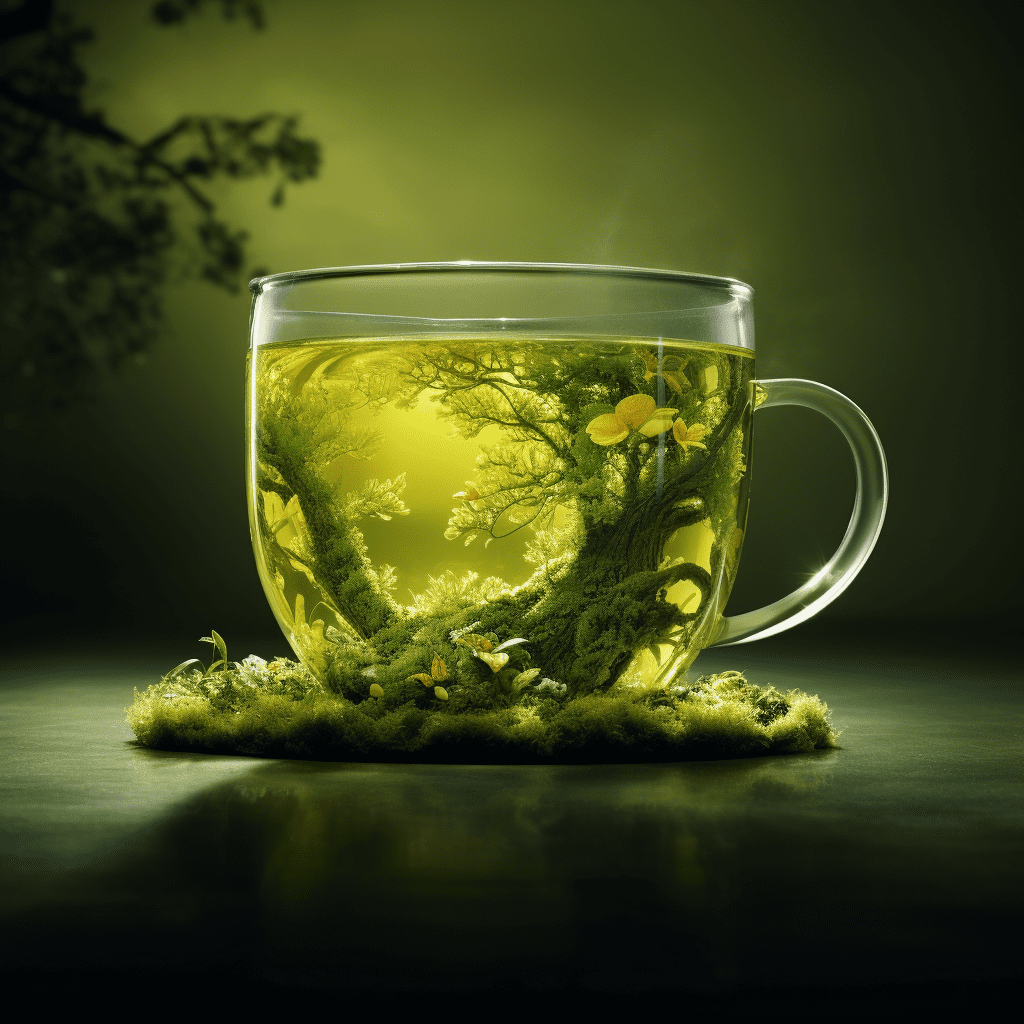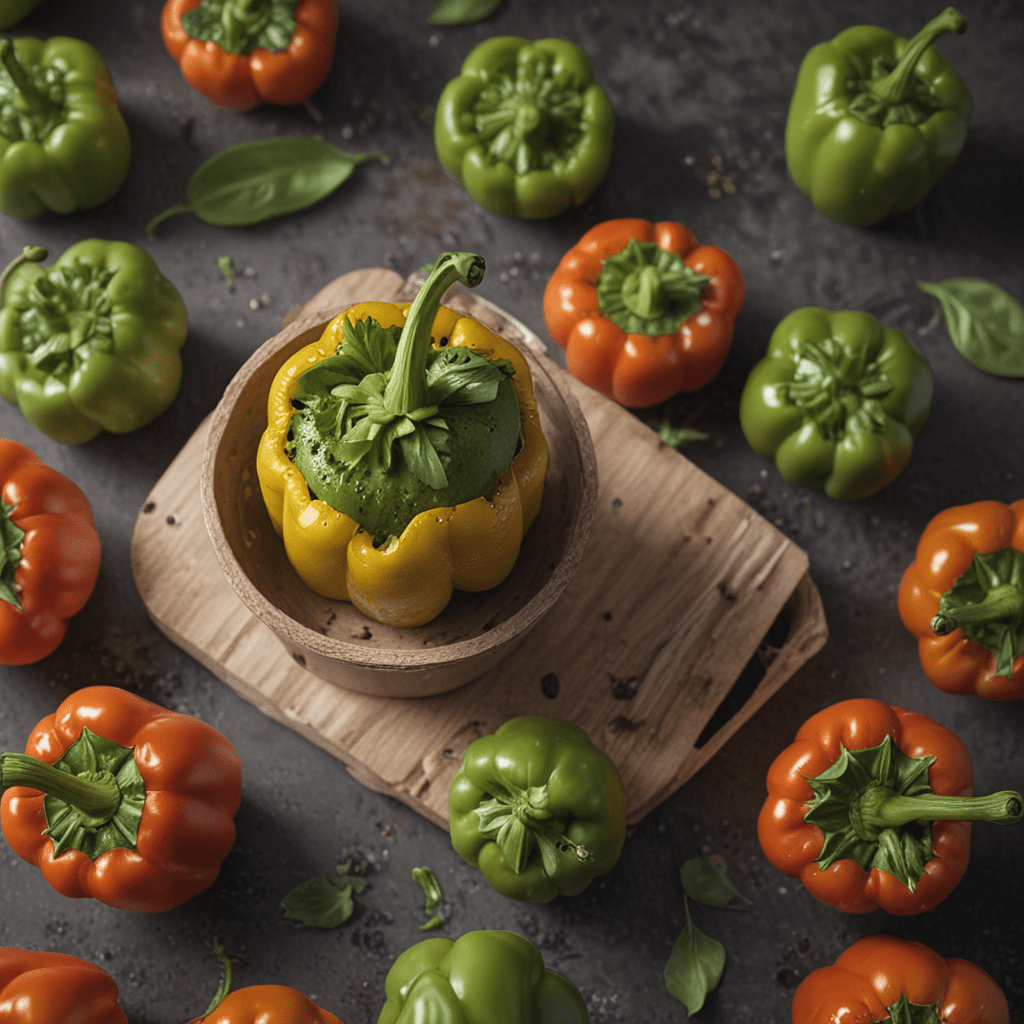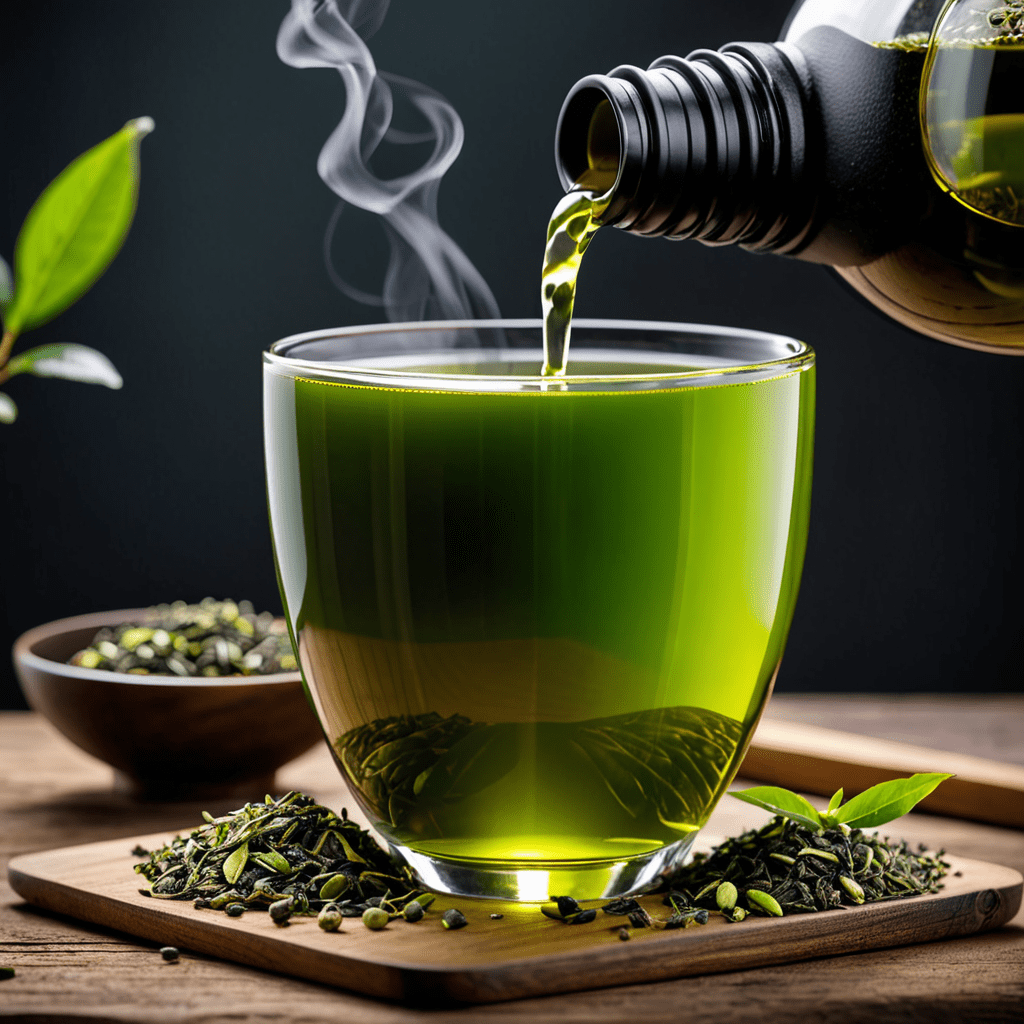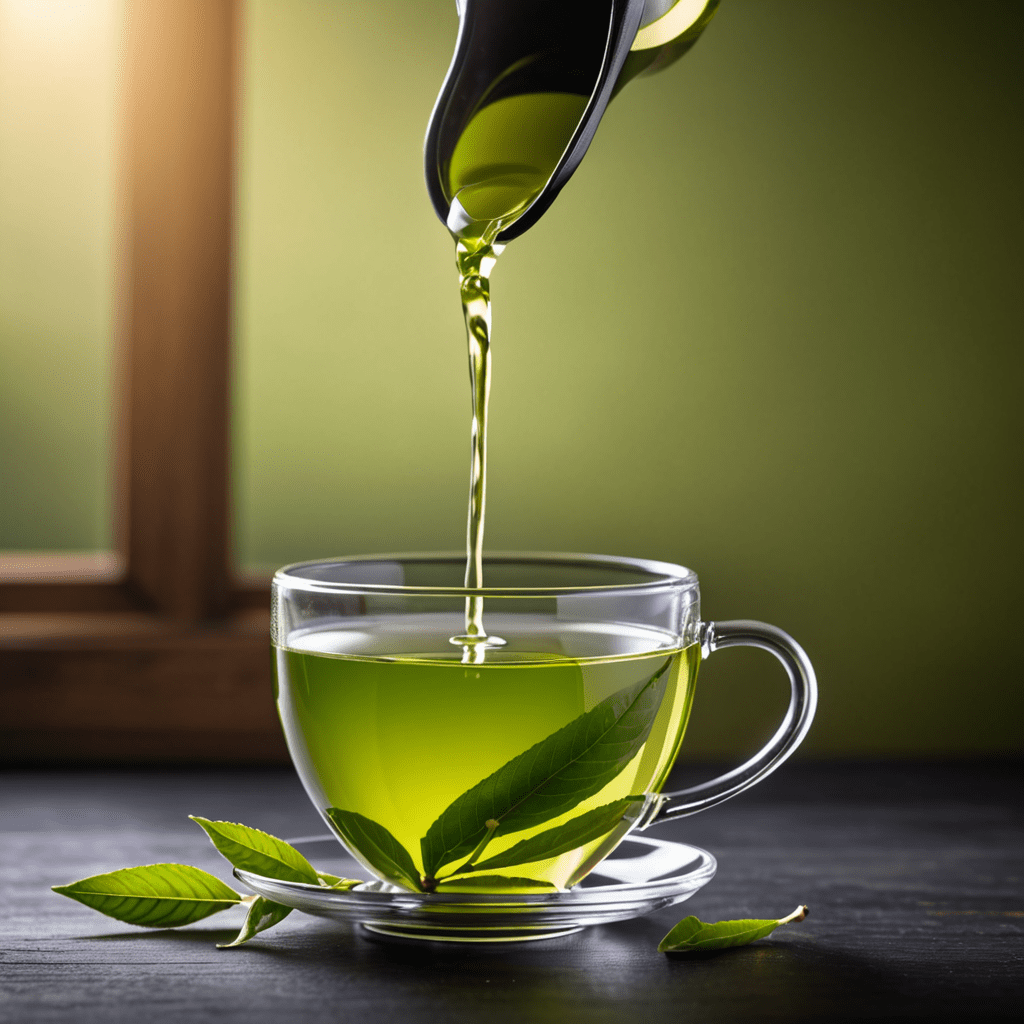
How Much Caffeine is in Lipton Green Tea?
With its refreshing taste and potential health benefits, green tea has become a popular beverage choice worldwide. Among the many brands available, Lipton is well-known for its diverse selection of teas. One common question that arises is, “How much caffeine is in Lipton green tea?” In this article, we will delve into the caffeine content of Lipton green tea and provide you with valuable insights.
Understanding Caffeine in Tea
Before we specifically explore the caffeine content in Lipton green tea, let’s first gain a general understanding of caffeine in tea. Caffeine is a natural stimulant that can have various effects on the body, including increased alertness and energy levels.
Tea naturally contains caffeine, but the concentration varies depending on several factors. These factors include the type of tea leaves used, the steeping time, water temperature, and the size of the tea leaves themselves.
Lipton Green Tea Caffeine Content
Lipton offers a range of green tea products, including loose leaf tea, tea bags, and ready-to-drink options. The caffeine content may differ among these variations. However, on average, the caffeine content in Lipton green tea is approximately 35 milligrams (mg) per 8-ounce serving.
It’s important to note that this is a rough estimate, and factors such as brewing time and water temperature can influence the final caffeine concentration. To minimize caffeine intake, you can steep your green tea for a shorter period or use water at a lower temperature.
Comparing Lipton Green Tea to Other Teas
When comparing Lipton green tea to other varieties, such as black tea or oolong tea, the caffeine content is generally lower. Black tea, for example, typically contains around 45-60 mg of caffeine per 8-ounce serving. On the other hand, oolong tea falls somewhere in between, with an average caffeine content of 30-50 mg per serving.
Therefore, if you’re looking for a tea with a moderate caffeine content, Lipton green tea can be a suitable option.
Factors Affecting Caffeine Content
As mentioned earlier, several factors can influence the caffeine content in tea. These factors are not specific to Lipton green tea but apply to all tea varieties. Let’s explore them briefly:
- Type of Tea Leaf: Different tea leaves naturally contain varying amounts of caffeine. For example, green tea generally has a lower caffeine content compared to black tea.
Steeping Time: The longer you steep your tea, the more caffeine will be extracted. To reduce caffeine intake, consider steeping your tea for a shorter duration.
Water Temperature: Hotter water extracts more caffeine from tea leaves. Using cooler water, such as below boiling point, can result in a lower caffeine concentration.
Tea Leaf Size: Loose leaf tea tends to have a greater surface area, leading to more caffeine extraction. Tea bags, on the other hand, may contain smaller tea leaf particles, resulting in a different caffeine release.
While these factors can provide a general idea of caffeine content, it’s important to note that the actual caffeine concentration can still vary.
Should You Be Concerned About Caffeine in Lipton Green Tea?
Caffeine sensitivity varies among individuals, and some people may have a lower tolerance or may need to avoid caffeine due to certain health conditions. If you’re concerned about your caffeine intake, it’s best to consult a healthcare professional.
If you’re sensitive to caffeine but still want to enjoy Lipton green tea, there are decaffeinated options available as well. Decaffeinated green tea goes through a process to remove most of the caffeine content, allowing you to enjoy the taste and potential health benefits without the stimulating effects of caffeine.
FAQs
Q: Is Lipton green tea caffeine-free?
A: No, Lipton green tea contains caffeine. On average, it contains approximately 35 milligrams of caffeine per 8-ounce serving.
Q: How does Lipton green tea compare to coffee in terms of caffeine content?
A: Coffee generally contains more caffeine than Lipton green tea. A typical cup of coffee can have anywhere from 95-200 milligrams of caffeine, depending on various factors such as the brewing method and the type of coffee beans used.
Q: Does the caffeine content in Lipton green tea vary among different flavors?
A: The caffeine content in Lipton green tea does not significantly vary among different flavors. It primarily depends on the type of tea leaves used and the brewing process.
Q: Can I consume Lipton green tea while pregnant or breastfeeding?
A: It’s generally recommended to limit caffeine intake during pregnancy and breastfeeding. Consult your healthcare provider for specific guidance.
Q: Does decaffeinated Lipton green tea still have health benefits?
A: Decaffeinated Lipton green tea retains most of the health benefits associated with regular green tea. The decaffeination process removes most of the caffeine while preserving other beneficial compounds.
Q: Can children consume Lipton green tea?
A: It is generally recommended to avoid giving green tea, including Lipton green tea, to young children due to its caffeine content. Consult with a pediatrician for guidance on caffeine intake for children.
In conclusion, Lipton green tea contains a moderate amount of caffeine, averaging around 35 milligrams per 8-ounce serving. This can vary depending on factors such as brewing time and water temperature. If you’re concerned about your caffeine intake, explore decaffeinated options or consult a healthcare professional for personalized guidance.


